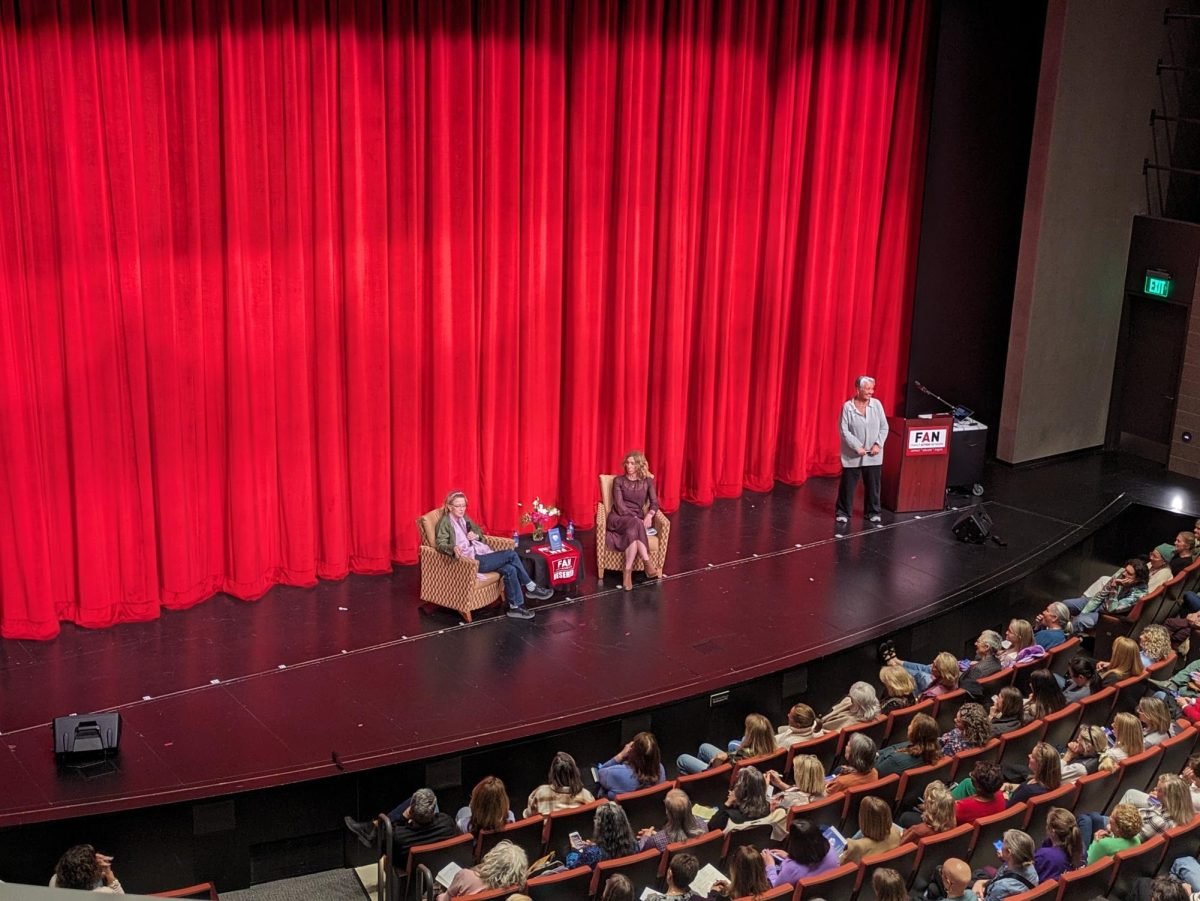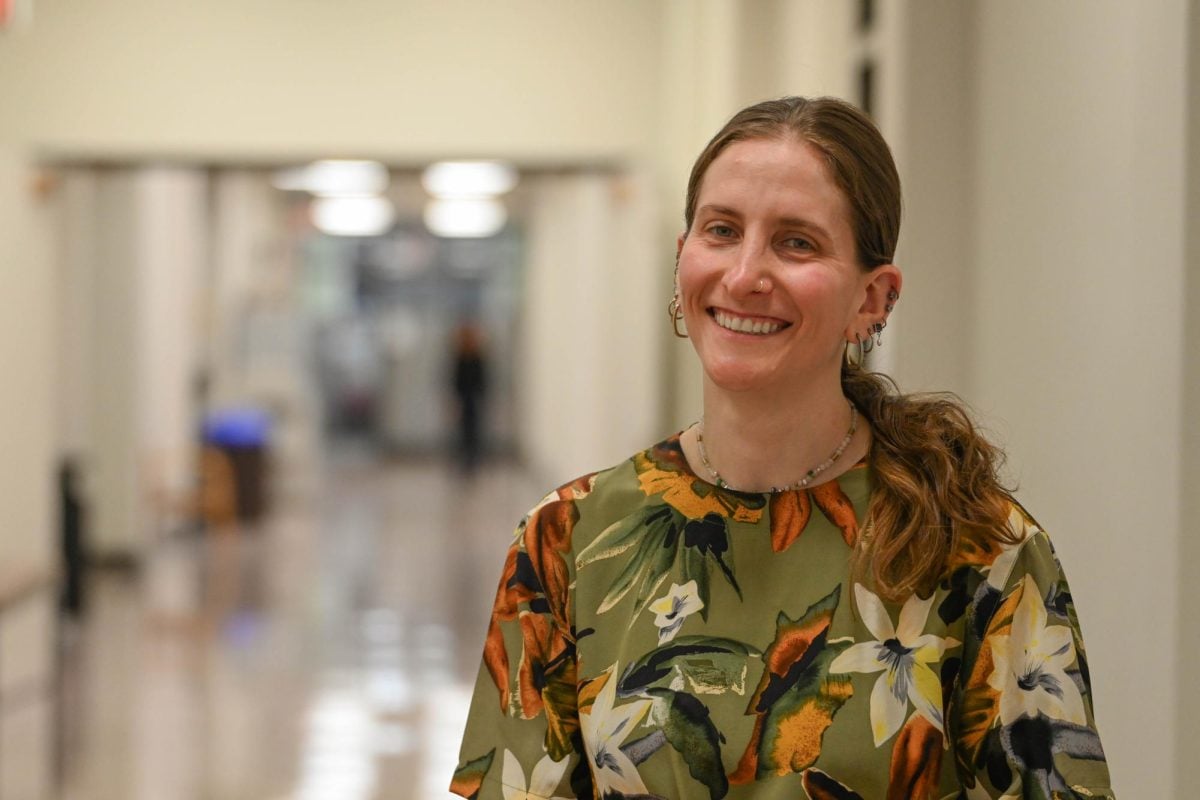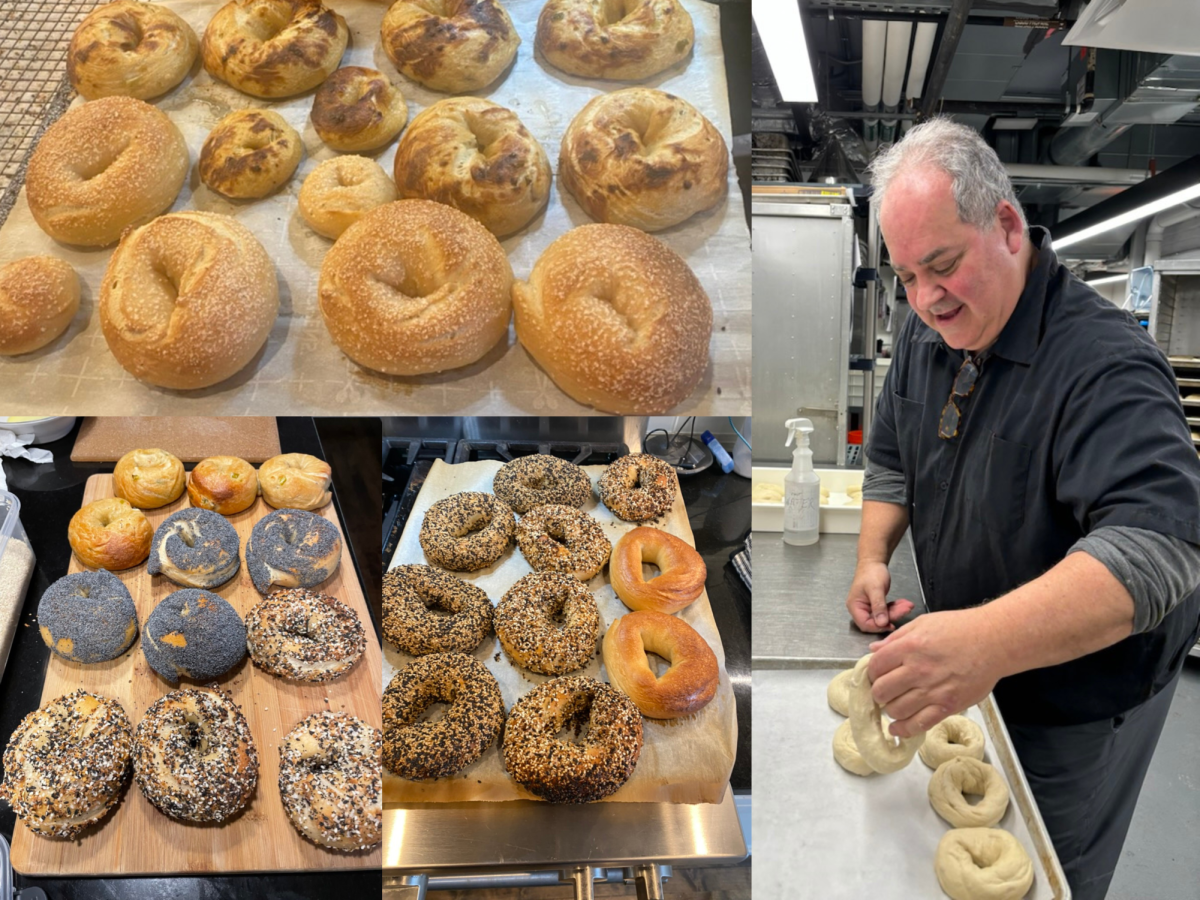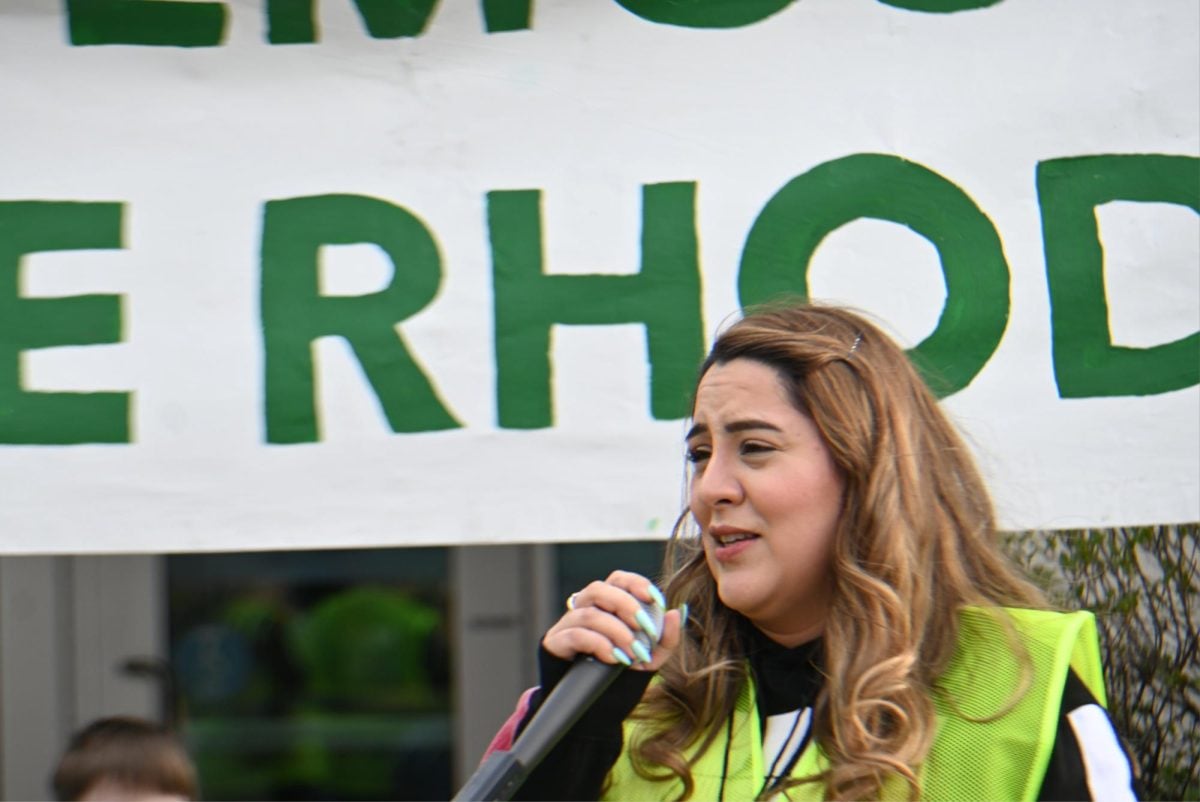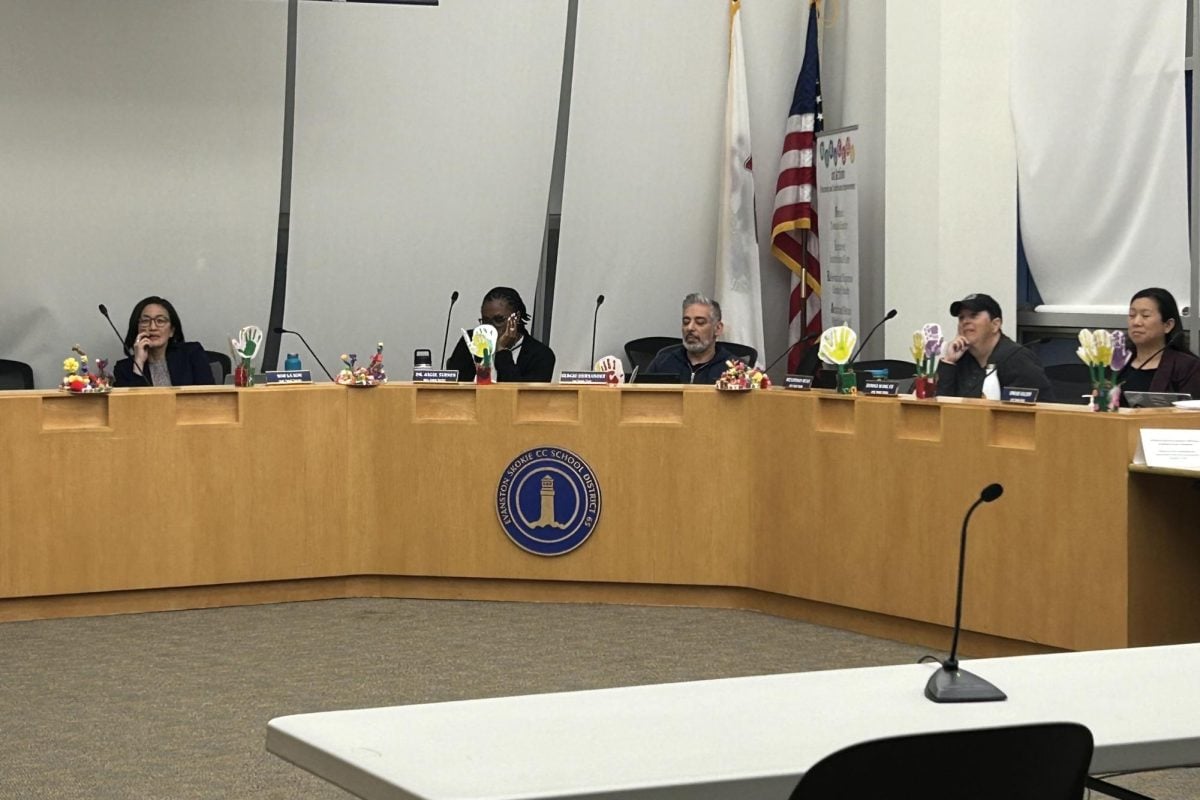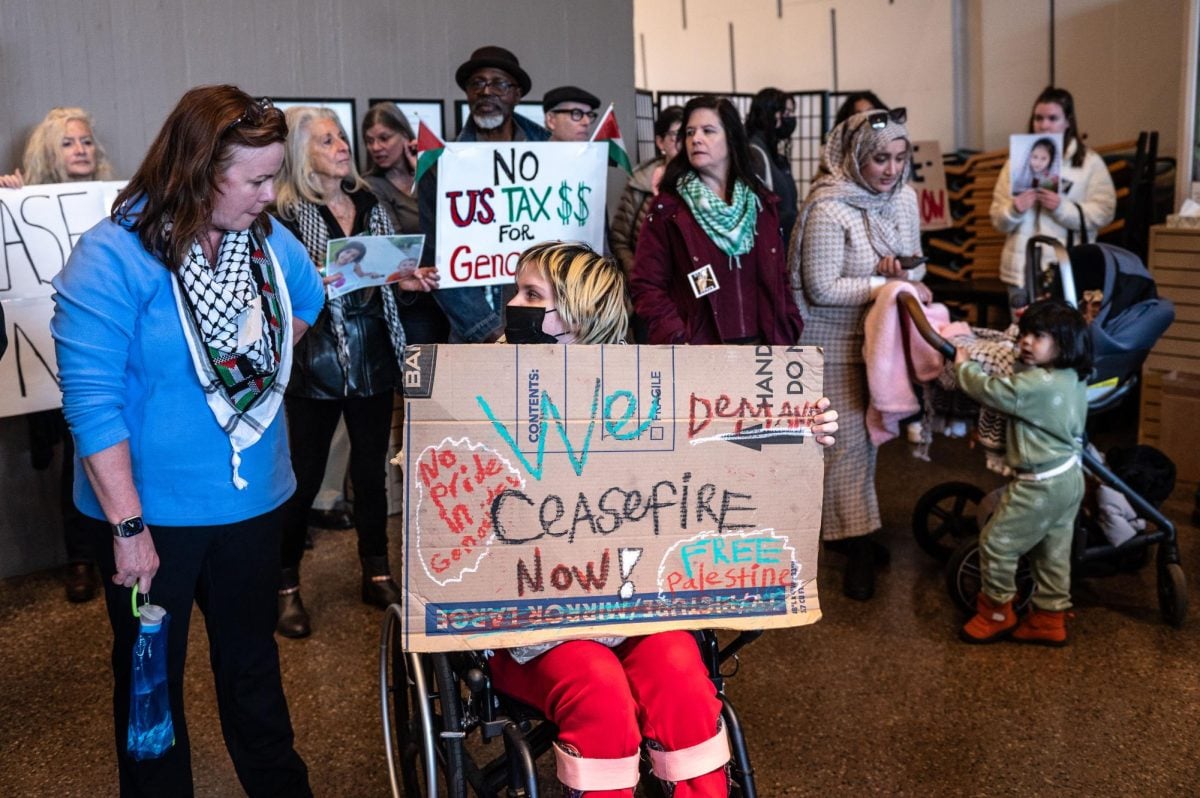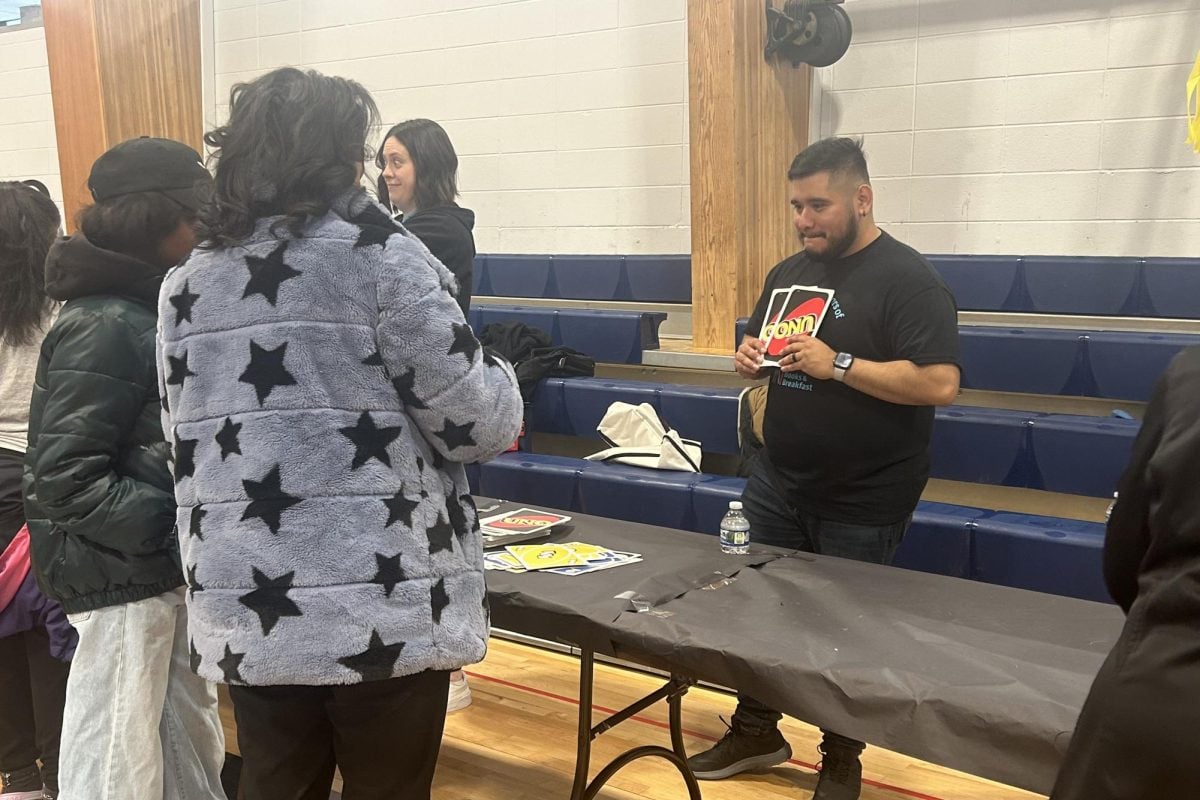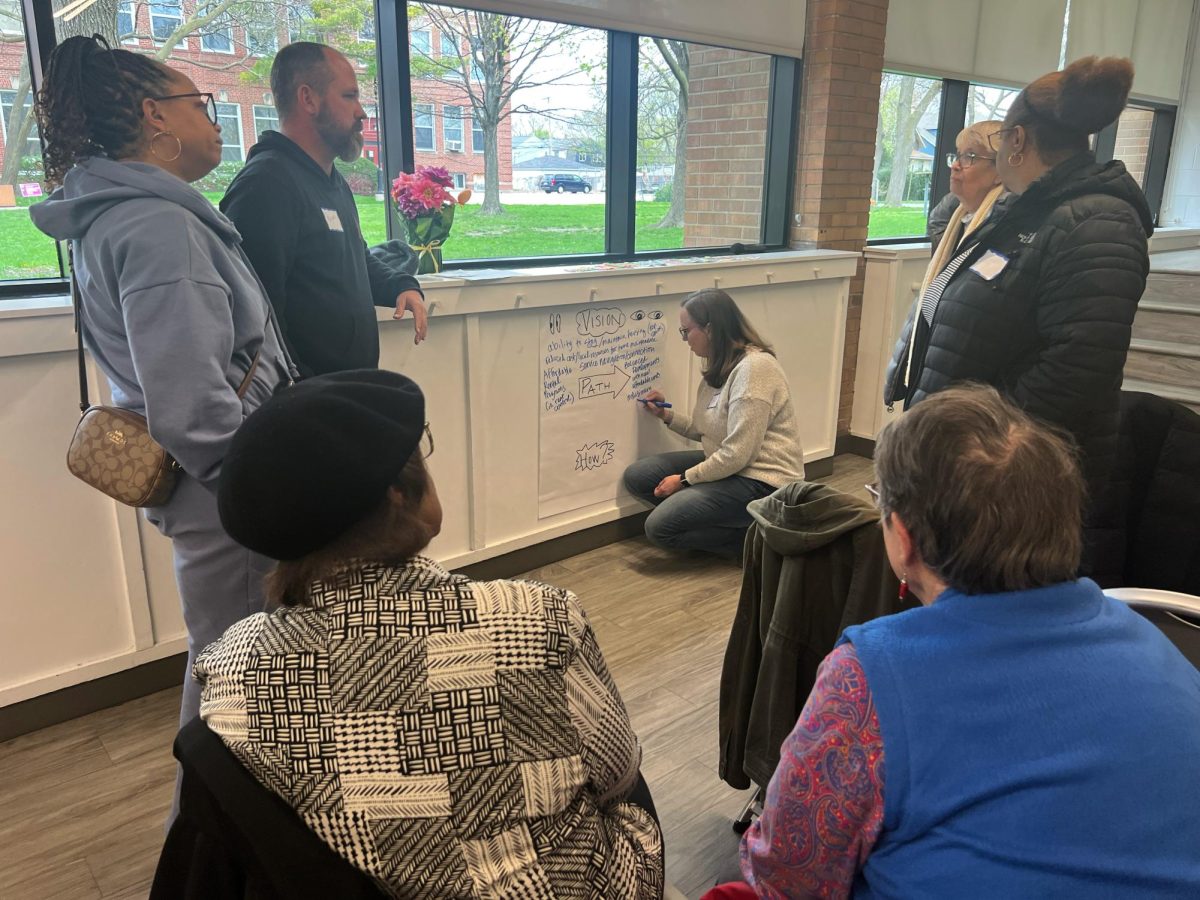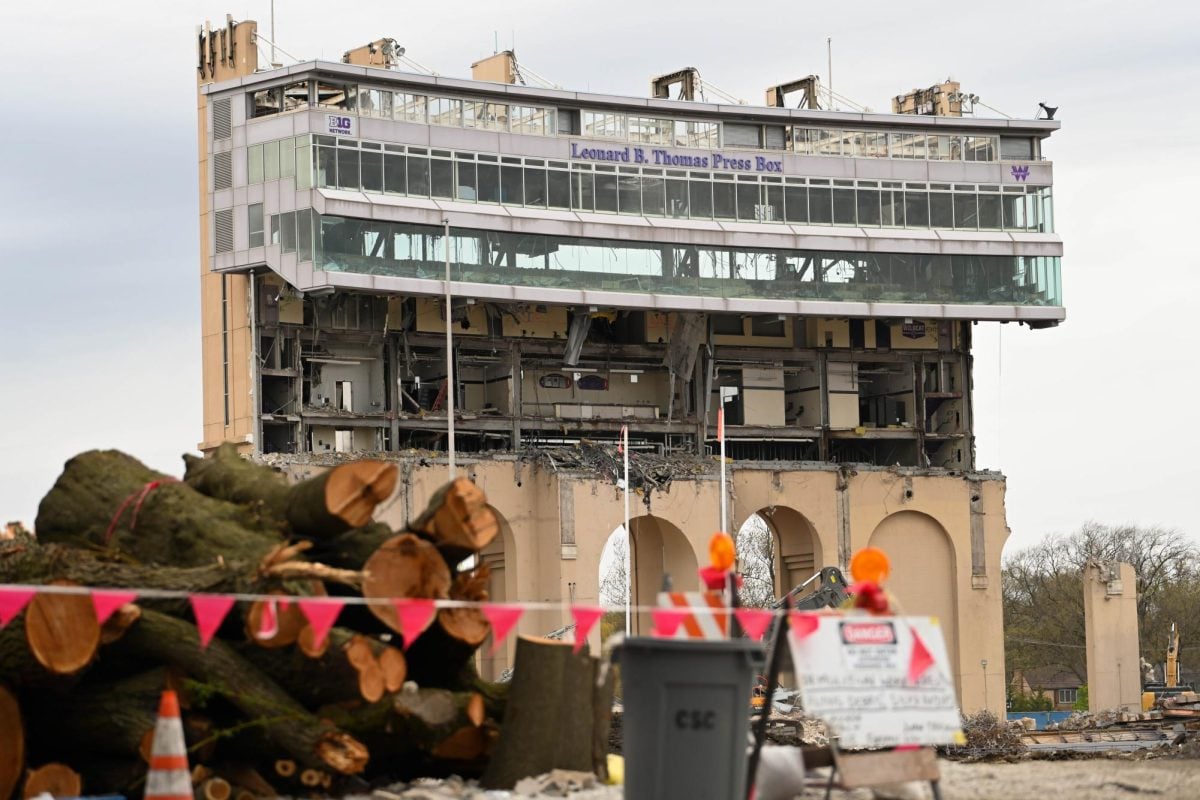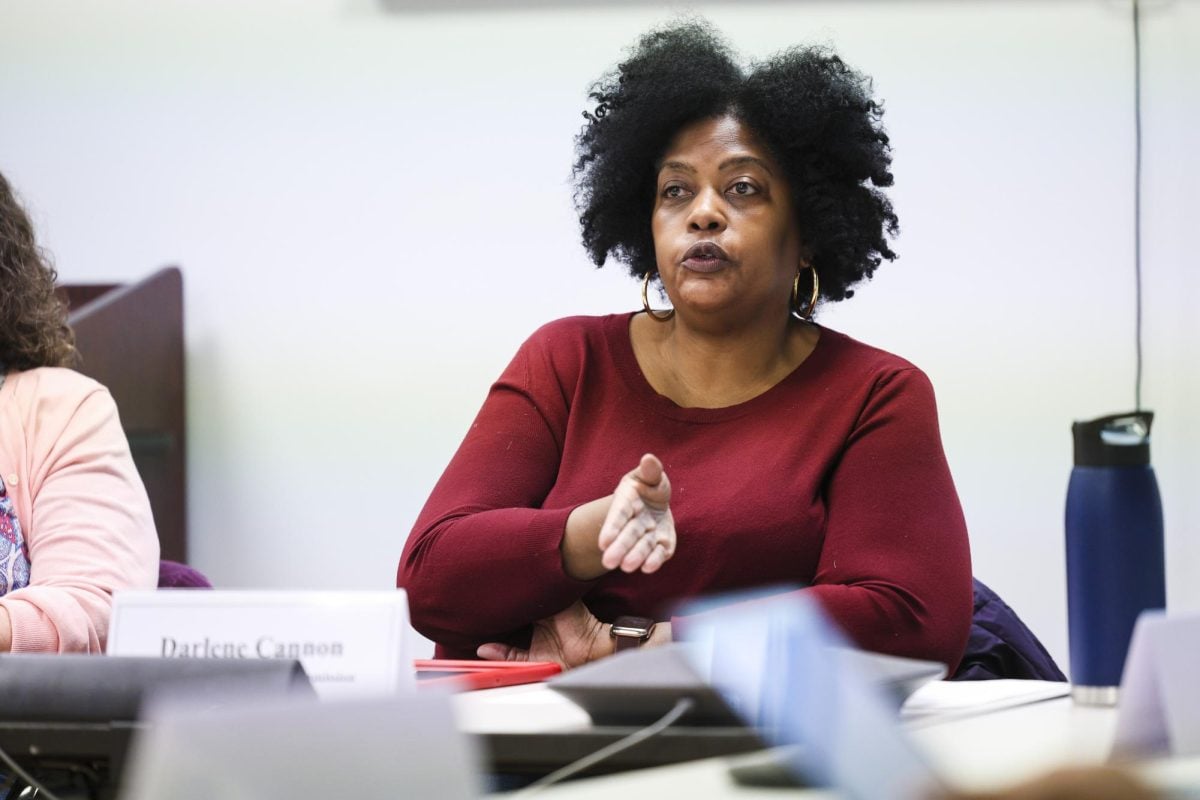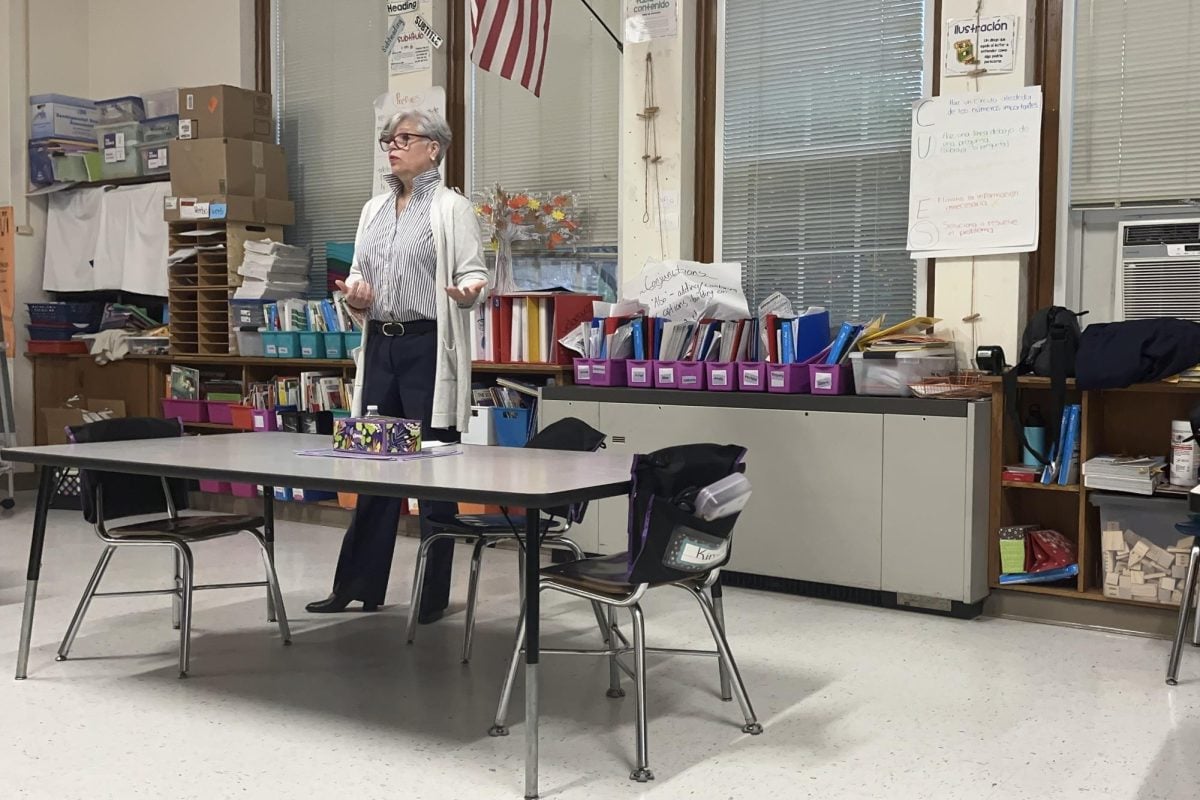With the city’s gun buyback event officially scheduled for Dec. 15, the initiative’s fund has reached a total of $19,050, including a $10,000 donation from Northwestern.
Citizens concerned about local gun violence proposed this summer the idea of holding a buyback to decrease the amount of firearms in the community. The organizational efforts were expedited following the Sept. 22 shooting death of Evanston Township High School freshman Dajae Coleman.
Recently released details of the December event specify that it will be held at Christ Temple Missionary Baptist Church, 1711 Simpson St. It will be an “amnesty-based” buyback, meaning those turning in weapons, ammunition, clips and magazines will not be consequently subject to police action. There is a two-gun limit per participant, and reimbursements will be paid in cash. Participants must be Evanston residents, and guns must be operational but unloaded.
Evanston Police haven’t released an official price for guns, but Cmdr. Jay Parrott and West Evanston Strategic Team co-chair Carolyn Murray both indicated that an approximate rate is $100 per firearm. The expectation for the program is a harvest of about 100 to 200 guns, making the potential total cost of the event $10,000 to $20,000..
Murray, who pitched the idea of a gun buyback program to Ald. Delores Holmes (5th) this summer, said organizers have discussed utilizing the extra funds to hold additional buyback events at a later date or to extend the program indefinitely. She said there has been talk of other anti-violence initiatives for which the funds can provide support, but those details have not yet been decided.
“We’re just hoping to get so much feedback that it’s not something we would have to consider,” Murray said.
Regarding NU’s donation, Murray recalled that the University saw the city’s buyback awareness campaign and met with Evanston Mayor Elizabeth Tisdahl to talk about efforts for the city and NU to work cooperatively to decrease violence. She said in addition to providing funds, Evanston is eager for the NU community to get involved with peace projects in other ways. For example, she encourages students to sign up with various nonprofit organizations and mentoring groups that are always looking for support.
“(Evanston) can always benefit from research,” she said. “(Violence) doesn’t just affect Evanston. Whatever Northwestern does in cooperation with the city, it’s going to be beneficial for all.”
University President Morton Schapiro told The Daily on Tuesday that whatever the city asked for in support for the gun buyback program, the University gave because Coleman’s death affected those at NU as well.
“We support it, after what happened to that poor kid,” Schapiro said. “And we have a number of friends whose kids knew him. What a nightmare. The mayor asked if we would support the buyback, and I don’t know much about buybacks but … we were happy to support it.”
Gun buyback programs are intended not to clear the streets of illegal weapons or seize weapons from criminals, but rather to decrease the number of total firearms in a community. Those weapons might otherwise incite accidents or get stolen and later be used in crimes. Parrott said it is difficult to measure the potential impact of the scheduled buyback, but other towns and cities, including Chicago, have successfully hosted similar programs.
“The more firearms that are turned in, there’s greater chance that those firearms cannot be used against another person,” he said.
The Evanston Community Foundation was charged with collecting donations for the buyback. Large donors beside NU include the ECF board of directors, the Cherry Family Foundation and NorthShore University HealthSystem. ECF spokesman Jeremy Barrows said NU’s contribution of more than half of the total funds was “very significant.”
“It shows a great deal of leadership by the University to make Evanston a better place,” he said. “Gun violence is a big issue, and the donation reaffirms the role of the University as an integral part of the fabric of the community, not as just a separate institution.”
Barrows echoed Murray’s advice for NU students looking to make a difference to get involved with the city’s various youth-centric organizations as mentors, tutors and general role models.
Ina Yang contributed reporting.
Correction: A previous version of this story misstated the expected cost of the buyback. The expected cost is $10,000 to $20,000. The Daily regrets the error.

